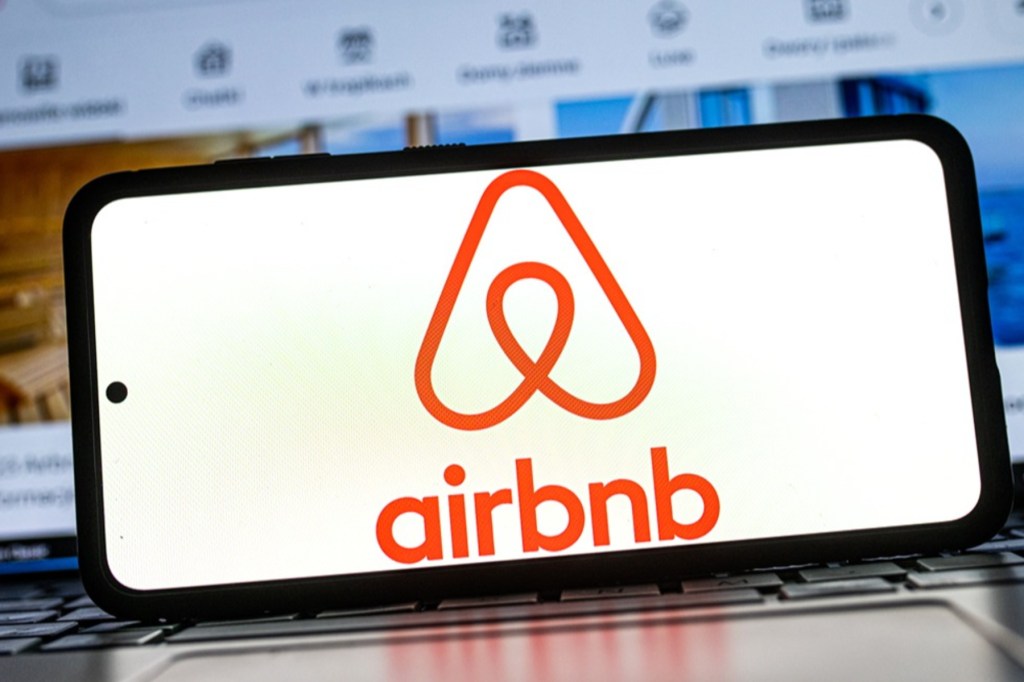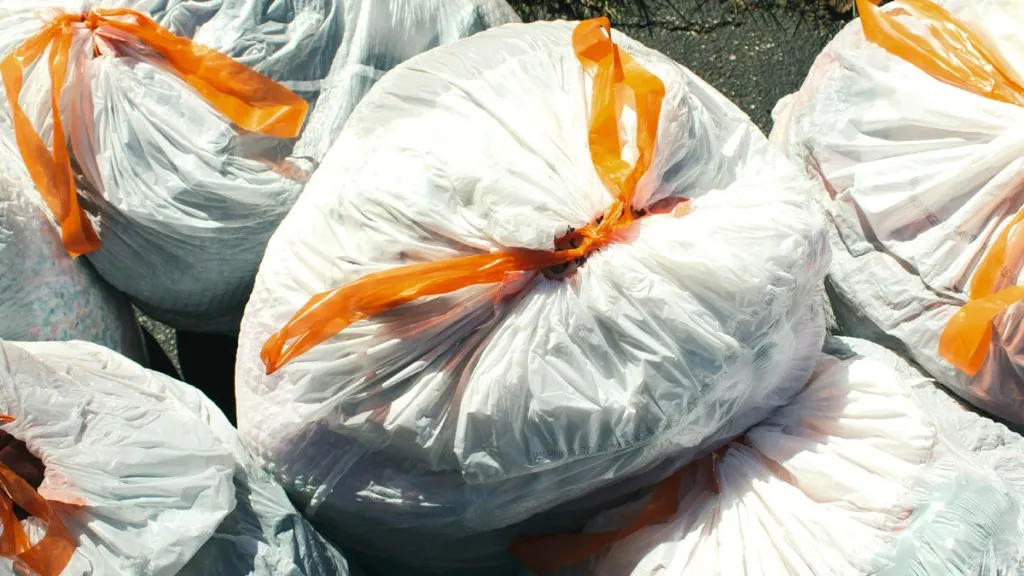Claiming breakfast hampers and other tax tips for your Airbnb

A great summer holiday in a favourite coastal town or rural retreat can have some people thinking of investing in a property in such a location to make their own.
The popularity of renting such homes for short-term stays on various platforms, including Airbnb, can make the option seem even more attractive at first glance.
However, those who do take such a route need to be aware of the tax traps and advantages that can arise.
Many of those signing up to rent out their home for holiday lets often consider it a side hustle, which could go under the radar, according to H&R Block Australia tax communications director Mark Chapman.
Biggest mistakes
“First and foremost, people don’t realise that they have to disclose their income from renting the property in the first place,” Chapman said.
“The ATO gets information relating to property rentals from the platforms; therefore, they already know you’re renting out the property.
“Failing to disclose income from the property in your tax return can lead to an audit, or at the very least a ‘please explain’ letter from the ATO.”
If people rent out their own homes rather than, say, a second or holiday property, they can also fall into a capital gains trap when they sell.
You might like
“In most cases, when you sell your private residence, the sale is free of capital gains tax because of the main residence exemption,” Chapman said.
“However, if you have used part of the property for income-earning activities, like renting it out through Airbnb, part of the gain will be taxable.”
Working out the taxable amount can be a complicated procedure.
“Typically, the floor area calculation used in working out your deductible expenses will also be used,” Chapman said.
“Starting from the date on which the property was first used to generate income, a proportion of the gain based on the floor area that was available for rent will be taxable.”
However, he said many were not aware of the requirement.
“This is an underappreciated tax risk. Many people rush into Airbnb without thinking about the implications when they ultimately come to sell the property,” he said.
Where are the deductions?
Because you will pay tax on your income from the holiday let rent, there are expenses you can claim.
However, it’s important to remember the three types of deductions based on how you rent out your property.
Expenses directly associated with the rented area can be deducted in full. These include the cost of cleaners, repairs and maintenance and even the depreciation of furniture in a rented room.
Stay informed, daily
Then, there are expenses related to shared areas, such as internet and streaming costs. These must be divided up.
And remember, if you are renting out a room in your own home, those areas solely for your, the host’s, use cannot be deducted.
The little extras
If you are going for a premium experience at your holiday rental and leaving food or wine, these costs may also be deducted.
Think of that welcome package with local honey and, perhaps, a bottle of wine. Or the hamper of breakfast provisions such as locally made muesli and something sweet from the local honey maker.
There are also the costs of making your property look its best to attract business.
This could be the professional photography used to make your listing pop.
Of course, there are also the service fees and commissions charged by Airbnb or any other accommodation platform or agent.
Top holiday homes for sale
This five-bedroom luxury home (top) in the heart of Sorrento, on Victoria’s Mornington Peninsula, offers plenty at home with newly renovated interiors and a pool made for lounging around. It is listed with Marshall White with a price guide of $5.445 million.
Close to the beach and comfortably accommodating 12 people, this four-bedroom home in the coastal NSW hotspot of Vincentia (above) is ideal for holiday lets and self-escape. It is listed with Oz Reality for $1.625 million.
Guests can take in the view from this three-bedroom, two-bathroom apartment Queensland’s tropical Noosa Heads. It is listed through Tom Offermann Real Estate with a sale price of $2.75 million.
This article first appeared on View.com.au. Read the original here.







